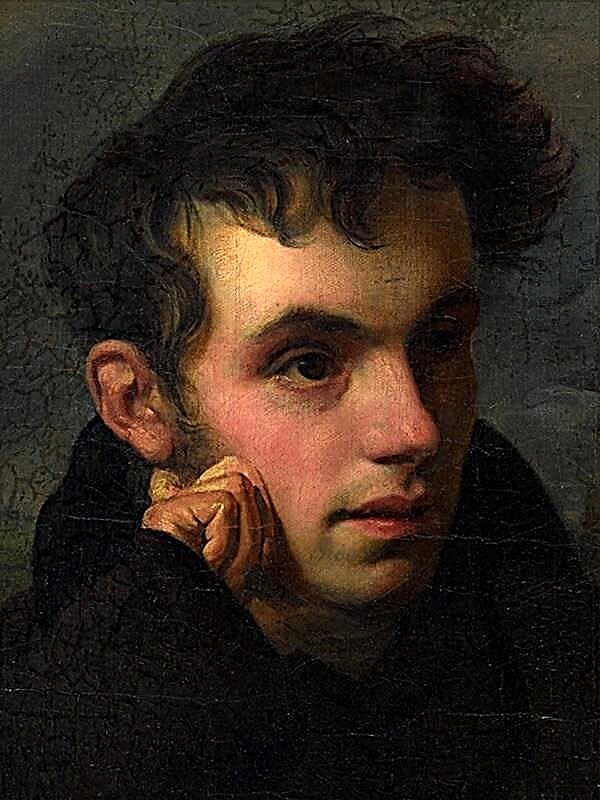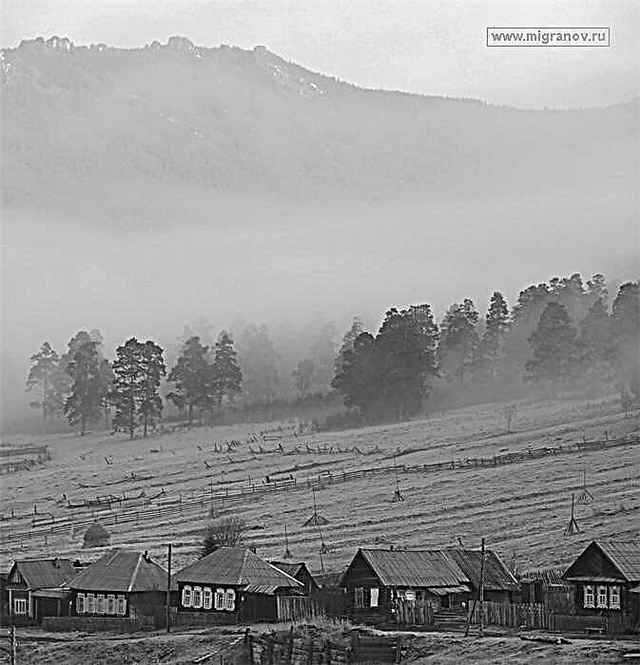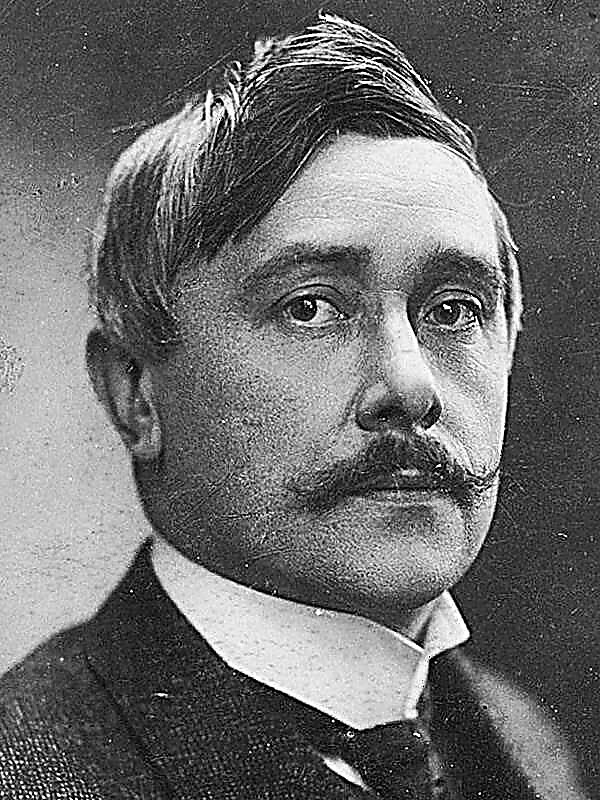(345 words) In the drama by A. Ostrovsky, “Thunderstorm”, a turning point is described that occurred in the public mind before the reforms of 1861. The invented city of Kalinov seems calm, as if it had stopped in its development, does not let in innovations. Ordinary life, characterized by poverty and lack of rights of the people, tyranny and unscrupulousness of the masters of life, is opposed to the night festivities of young people who are eager to change everything. Thunderstorm, embodying the need for change - this is the main idea of the play.
I really liked the book, because even then, in the 19th century, the author raised the topic of the liberation of women from social lawlessness and domestic oppression. He was not afraid of criticism, which would ascribe to him the destruction of family foundations. I think this book marked the beginning of a change in the minds of educated people. They realized that it was impossible to humiliate a woman endlessly: sooner or later, this hidden hostility against the weaker sex would turn into a catastrophe, because the wife is the future mother who creates the future. Ostrovsky also reveals other problems: fathers and children, feelings and duty, bitter truth and sweet lies.
After reading my impression of the book remained negative. It seems to be a lot of heroes in the play, and at first they were represented by different personalities. And then it turns out that they live the same way, they are united by common concepts, customs. Many residents, Varvara and Kudryash, formally take power over themselves, but in practice they go against the system. However, their rebellion ends in a banal escape, they have not changed anything. Scientist Kuligin reflects on scientific discoveries and opportunities, but he does not realize that these thoughts are outdated for the 19th century. Kalinov is a closed world, and in this world it is easy to recognize all of Russia. This awareness plunges the reader into painful thoughts.
What does the book teach? First, you need to be able to compromise. The striking contrast between Kabanikh and Katerina demonstrates that neither the pressure of the mother-in-law, nor the secretiveness of the daughter-in-law are the correct solutions to problematic issues. People need to discuss issues and find common ground. Secondly, we must remember that the world should develop, and not stand still. The boar is an illustrative example of a patriarchal society; it seeks to preserve this way of life at all costs; this is what Kalinov ruins, mired in ignorance. Its owners do not see beyond their nose.
My opinion about the book is confirmed by many critics. For example, N. A. Dobrolyubov compared Kalinov with the dark kingdom, where he sank a single ray of light in the image of Katerina. The tragic ending makes the reader worry about the future of Russia.

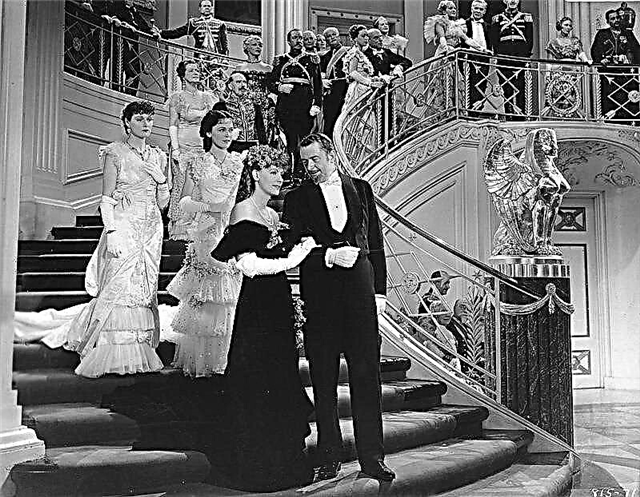
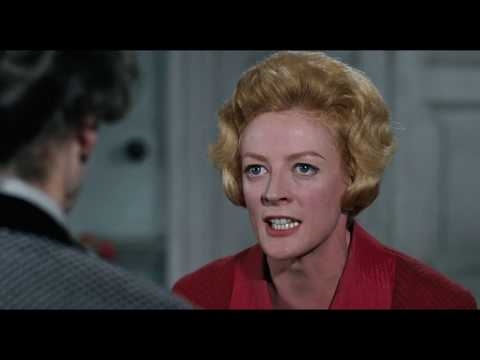
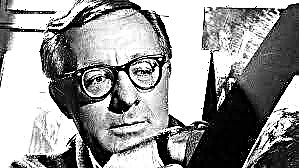

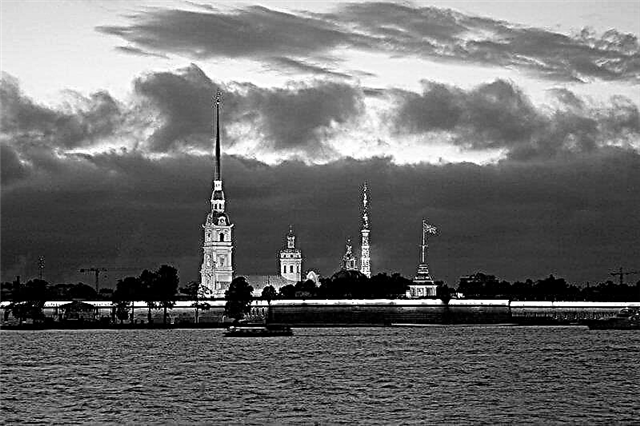

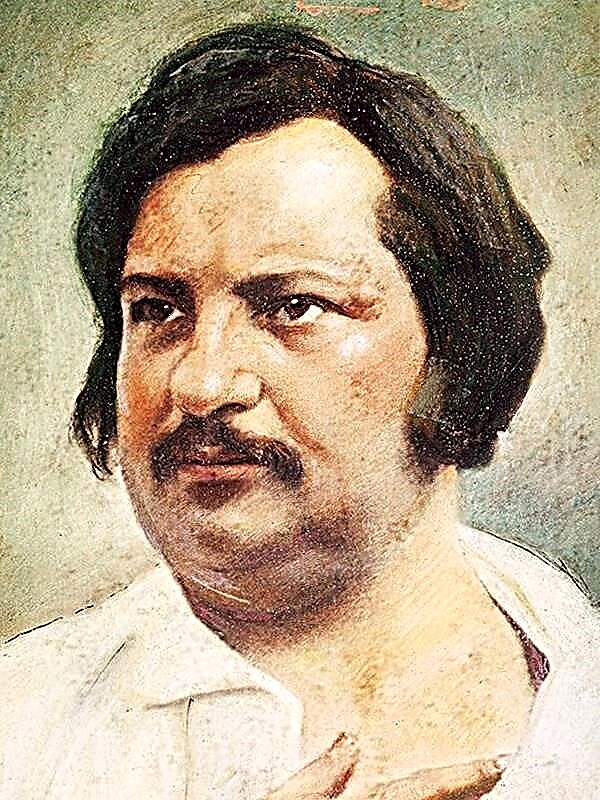 Shuans
Shuans